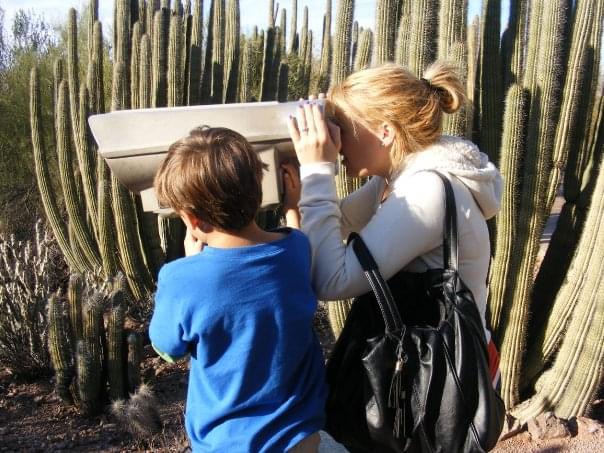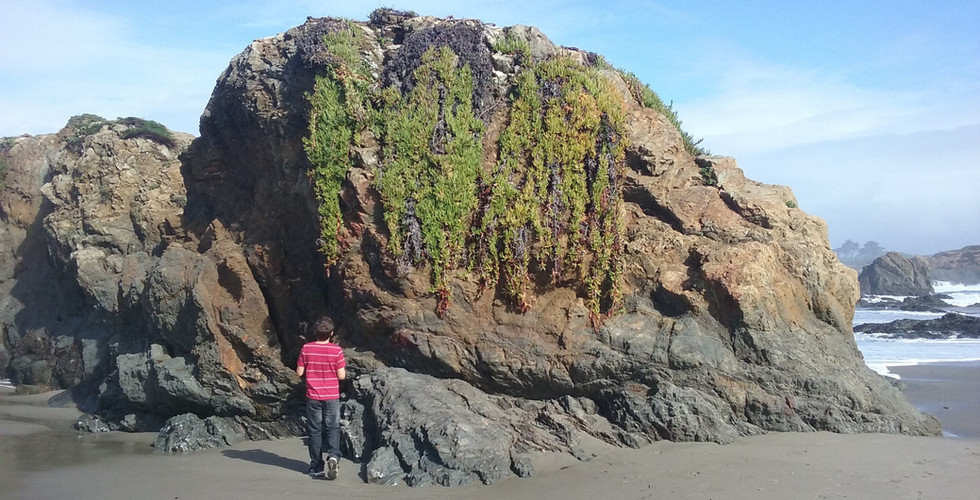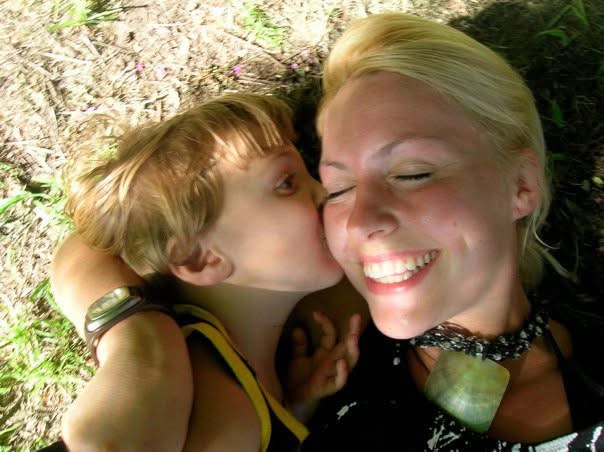Breaking the Mold: Nontraditional Students in Higher Education
Did you know that nontraditional students are still a minority in higher education? According to the National Center for Education Statistics (NCES), only about 5% of full-time undergraduate students were over the age of 30 in fall 2021. For those of us who take a nontraditional route to academia, it’s easy to feel out of place, but it’s also a reminder of how much our unique stories and perspectives can enrich academic spaces.
Curiosity: The Compass That Guides Us
Curiosity has always been my compass. As a kid, I spent hours crouched in the dirt, poking at bugs, marveling at fossils, and collecting seashells. That same curiosity stayed with me into adulthood, and it’s what led me to pursue my place in the scientific world eventually. Life, however, doesn’t always follow a straight path. Early motherhood and financial pressures delayed my journey into higher education. But I turned the detour into a discovery of its own. Accompanied by my curious child, I explored the natural world through hands-on field experiments in forests and tide pools. Observing the Redwoods and tide pool ecosystems taught me valuable lessons about the interdependence and interconnectedness of life.
These experiences shaped not just my love for science but also my resolve to pursue it academically, even if my timeline looked different from most. If you’re someone who feels like their path to success is unconventional, let me show you how to turn those challenges into opportunities, and how you can forge your own path, too.

Turning Obstacles Into Opportunities
Late-night studying while balancing parenthood didn’t just teach me time management, it taught me resilience As a first-generation college student, the higher education system was a maze I had to figure out on my own. Add the pressures of motherhood and living life on a single salary, my journey was anything but easy. But each obstacle taught me something valuable.
“Late-night studying while balancing parenthood didn’t just teach me time management, it taught me resilience.”
The Power of Persistence
While raising my son, I hustled through late-night study sessions, applied for countless scholarships, and juggled little league attendance while studying for exams. Eventually, I graduated magna cum laude from community college with two associate degrees: Geology and Biology.

Shared Success
The timing to transition to a university was perfect: my son was preparing to apply to college as I started planning where to pursue my upper-level coursework. We sat side by side on the couch, navigating the University of California application process together. His path led him to UC Berkeley and mine to UC Santa Cruz. Sharing this milestone was a great moment where I took the time to reflect on how far we had come together and appreciated our mutual growth.
From Isolation to Advocacy
When I arrived at UCSC, I was over 30, a rarity among students who were mostly fresh-faced 18-year-olds. I felt out of place, even being mistaken for someone’s parent at orientation.
But instead of letting that isolation discourage me, I turned it into motivation.
Building Community
Knowing my time at UCSC would be short and sweet (just two years as a transfer), I jumped into every opportunity that would help me grow. I trained as a docent at the Seymour Center for Marine Discovery, guiding tours, sparking interest in visitors, and showing them that science isn’t some exclusive club. Working there made me realize how sharing my story could inspire others, especially those who never saw themselves represented in scientific fields. I know how powerful it can be to have someone say, “You can do this. Trust me, I’ve been there.”
"You can do this. Trust me, I’ve been there.”
I wish I’d had a mentor like that, someone who had juggled kids and coursework, who’d started later and still made it in STEM. Since I didn’t, I decided I’d try to be that person for someone else. I wanted to light the way for other nontraditional students who dream of becoming scientists, even if they have kids, work full-time, or are simply returning to school after a long break.
Turning Barriers Into Bridges
Non-traditional students face unique hurdles, but they also bring unique strengths. Here’s how we can make academia more inclusive:
1. Mentorship & Community
Programs like UCSC’s STARRS (Services for Transfer and Re-Entry Students) connect students from nontraditional backgrounds. If you’re considering returning to school, find these resources and build your network.
2. Financial & Logistical Support
Scholarships, grants, and childcare can make a massive difference. Advocate for these resources at your school, and don’t hesitate to demand better support.
3. Inclusive Policies
Academic systems must evolve to recognize the resilience and problem-solving skills nontraditional students bring. Push for changes like flexible schedules and inclusive admissions processes.
4. Challenging Bias
Workshops on implicit bias can help create welcoming environments for all. Let’s open dialogues with faculty and administrators to ensure lasting change.
THERE IS NO EXPIRATION DATE ON CURIOSITY!
My journey began in the quiet nooks of redwood forests and along sandy beaches. Those open-air classrooms led me to labs, lecture halls, and a deeper dive into evolutionary history. Now, I’m not just pursuing academic goals, I’m working to ensure others can, too. If you’ve ever felt “too old,” “too different,” or “too busy” to chase your dreams, remember: there’s no expiration date on curiosity. By stepping into academia, you’re not only forging your path—you’re helping create a more inclusive, vibrant community of scholars. Your journey matters. Let your curiosity guide you, and who knows where you’ll end up?
Call to Action:
If this resonates with you, share your story. The more we advocate, the stronger the community we’ll build. I’d love to hear about your own journey—let’s inspire one another!
Words of Encouragement
Follow Your Curiosity: Whether it’s fossils, marine ecology, or physics, let your curiosity guide you.
Embrace Your Unique Story: Detours and challenges make you resilient and empathetic—qualities that set you apart.
Find Your People: Seek mentors and communities that support your journey.
Be a Force for Change: Your voice matters. Advocate for policies and programs that benefit nontraditional students.














Comments